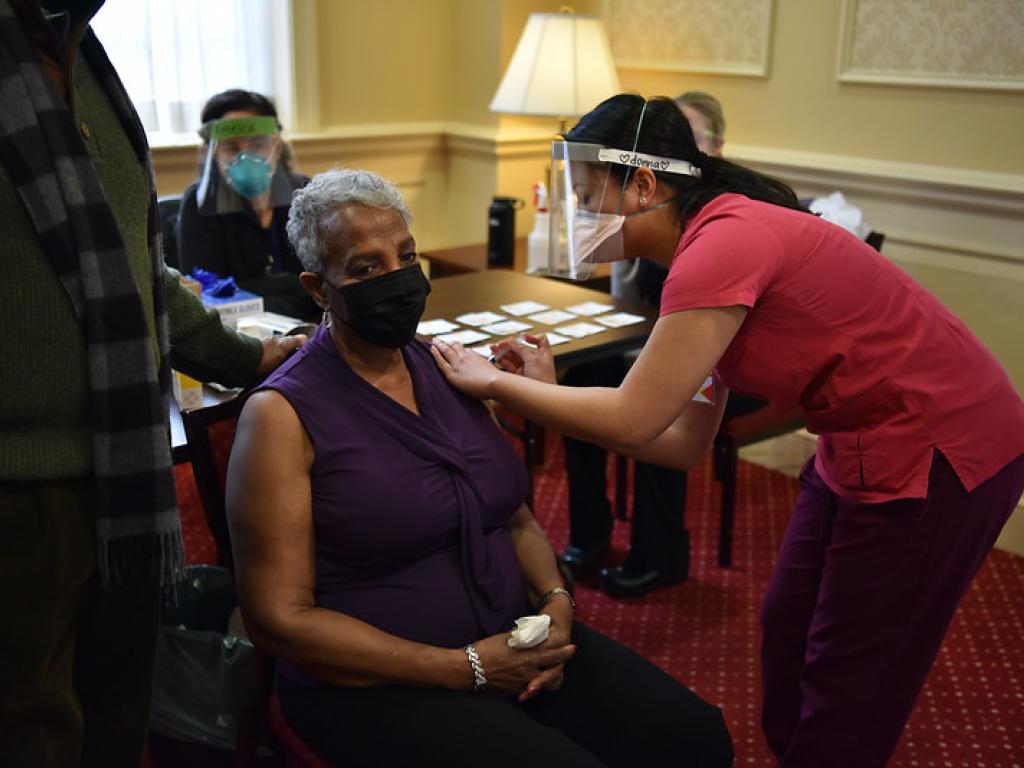COVID-19 vaccination: What’s new?

Who gets what, when is constantly changing with the COVID-19 vaccine, as data comes out. We’ve summarised the latest update from the NDoH:
Children, 12-17 years old: from 20 October, all children older than 12 years old are eligible for the vaccine. They receive a single dose of the Pfizer vaccine.
Pregnancy and lactation: there is growing evidence of the safety of the vaccines in pregnant and breastfeeding women and there is an increased risk of severe disease in pregnant women. Pregnant women, women planning a pregnancy and breastfeeding women should be strongly encouraged to get the vaccine.
Reassurance about the growing evidence supporting the safety of vaccines in pregnant and breastfeeding women, the strong immune response following vaccination and the benefits of immune transfer to the baby, and ongoing safety monitoring of vaccine use in pregnancy must be discussed. Furthermore, there are no known risks associated with other non-live vaccines given routinely to pregnant women.
Boosters for immunocompromised people: immunocompromised people, including those taking long-term oral steroid therapy or systemic biologics for autoimmune conditions, those with haematological and immune malignancies, those who have received solid organ and bone marrow transplants, those on renal dialysis, and those who have a primary immunodeficiency disorder (PID) may have a reduced immune response to COVID-19 vaccines.
They require an additional dose as part of their primary vaccination, at least 28 days after their last dose. They will receive the same vaccine as their initial one and will only be done on presentation of a request by their attending clinician. This is expected to begin, 30 November,
Let’s do our bit to get the country protected by encouraging our patients to get the jab.